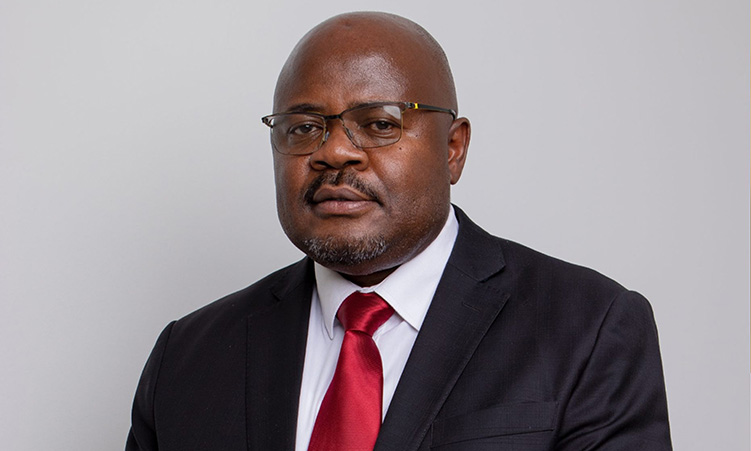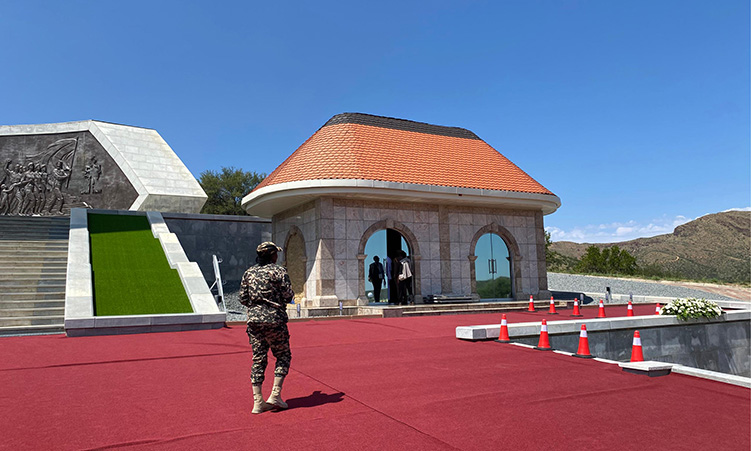LONDON – The world’s biggest emerging economies demanded a stronger voice at the International Monetary Fund on Friday, setting up a fight over which countries ought to give up some of their power.
Brazil, Russia, India and China – known as the ‘BRIC’ economies – proposed a seven per cent shift in IMF quotas in favour of developing countries, more than the five per cent that sources have told Reuters the United States is proposing.The BRICs argue that their share of IMF power should be commensurate with their economic clout, which has been strengthened in recent years by growing exports and massive piles of cash reserves.Although the United States and Europe generally agree that these countries deserve greater IMF representation, there is no consensus on how to accomplish that because countries are unwilling to see their own share of power diluted.’This is the start of the reform of the IMF,’ Brazilian Finance Minister Guido Mantega said.In a statement released after their meeting in London on Friday, the BRIC nations said quotas were unfairly distributed at the IMF and its sister organisation the World Bank, which ‘severely undermines their legitimacy.’The statement did not specify which countries they thought ought to give up some of their power. Saudi Arabia’s finance minister said his country should not be one of them.’This should not be at the expense of other emerging and developing countries,’ Ibrahim al-Assaf told Reuters. ‘This is the position of the Kingdom of Saudi Arabia, and … the position of many members of the IMF.’With regard to the Saudi position specifically, it is that this does not affect the quota or capital of the kingdom in the IMF,’ he added. Youssef Boutros Ghali, head of the IMF’s policy-setting committee, said reforms were critical to give the Fund authority to coordinate member countries’ exits from massive stimulus spending. The IMF has long been dominated by the United States and Europe, but the financial crisis has given fast-growing emerging economies a window of opportunity to press their case.Not only did they escape the worst of the financial crisis, but they are also cash-rich at a time when the IMF is trying to raise money for its emergency lending programmes. China bought US$50 billion in IMF bonds last week, part of an US$80 billion commitment on the part of the BRICs.But these countries are reluctant to provide more money to the IMF until the representation issues are resolved.In addition to shifting quotas, the United States has proposed giving emerging economies greater voice by reducing the number of IMF board seats to 20 from 24 without cutting the number allocated to emerging markets. But reaching agreement on which countries would lose their seats is a political nightmare.Europe sees that as a threat to its IMF influence because countries such as Italy are often mentioned as likely candidates to give up a board seat.European officials have said they would prefer to see a shift of quota from over-represented countries, and listed Saudi Arabia among those that might give up some power. Many European officials would also like to see the US quota reduced so it no longer provides de facto veto power.Brazil’s Mantega made it clear which countries he thought should budge on quotas. ‘Today many European countries have lost much of their former importance so they are over-represented. They should transfer some of their quota to emerging countries,’ he said.- Nampa-Reuters
Stay informed with The Namibian – your source for credible journalism. Get in-depth reporting and opinions for
only N$85 a month. Invest in journalism, invest in democracy –
Subscribe Now!










